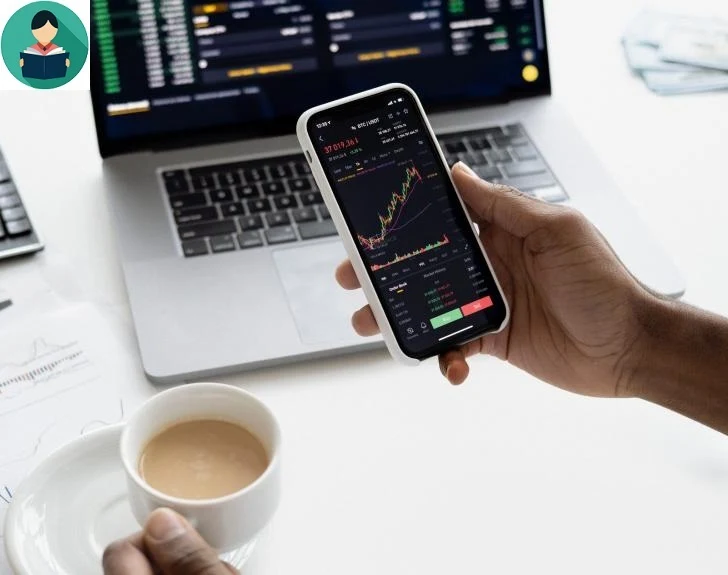An air of mystery surrounding cryptocurrencies is holding back Kenyans from taking part in ongoing massive wealth distribution. Ten years since emerging in 2007, Bitcoin and cryptocurrencies are no longer a passing fad.
Over $200 billion of
value has been created in what is just the beginning of an open alternative
financial system. Just like anyone can download an app on a smartphone and
connect to the world without asking for permission.
In Kenya today you can
buy, trade, exchange, hold and store cryptocurrencies as long as you do not
break any existing laws.
Get started with cryptocurrency
For starters, you need
what is called a blockchain wallet, an app that lets you store, send, and
receive digital assets. There are dozens of options to choose from: online, on
android, and apple store for example blockchain, mycelium, and coinomi.
Once you download and
install one, the next step is to secure your wallet in case you forget your
password or lose your phone. Some people who have ignored backups as a safety
precaution have fallen prey to sophisticated hacks. Add a strong pin and back
up your 12 word phrase to help you recover your bitcoin in the worst of
scenarios.
Your wallet now needs
something to put in it, otherwise, what is it good for? So you need to find
yourself some bitcoins to add to your wallet. Buying bitcoins in
Kenya is not easy, there aren’t many services that cater to Kenyans. You have
two options when considering where to buy or sell bitcoin for Kenya shillings.
One option is the
members of the Blockchain Association of Kenya who broker bitcoin and digital
assets locally. Another option is to head over to an online peer-to-peer
marketplace where you can exchange regular money for digital
assets. Localbitcoins.com is a marketplace that connects buyers and
sellers locally.
Besides, investors can
find very useful information and guidance on cryptocurrencies on Coinformant.
How you choose to
settle the transaction is up to you and the broker – cash, bank, mobile money
or airtime. Typically, brokers will ask you for your bitcoin address – a long
hexadecimal string that lets other people deposit bitcoins into your wallet. To
receive bitcoins, go to your wallet, click on receive and copy a string that
looks like this 1P1jyUGjQpnZ5daExhvccWPcdZ2AVCviTW; this
is your bitcoin wallet address.
The Blockchain Association
of Kenya recommends only transacting with trusted brokers with stellar
reputation. Fraud and scams are a big challenge in acquiring, trading or
investing in blockchain assets. So now that you have bitcoins in your
wallet, what do you even do with them?
Make Online and
cross-border payments: Well,
you could send them to a friend or family member wherever they are in the world
as a gift or remittance. Bitcoin works as a payment network, so anyone can
instantly make online payments and send or receive money from abroad.
For instance, Anthony
Muisyo, a student from the University of Nairobi uses cryptocurrency to place
bets on online gambling sites that accept bitcoin. Mukiri a car dealer on Ngong
Road sends bulk payments to Japan using bitcoin. Since Japan’s parliament
passed a law recognizing bitcoin for payments in April this year, Japanese car
dealers now accept bitcoin.
Become a digital
commodity broker and trader: Alternatively, you can always settle for becoming a digital asset
dealer, broker, or agent. From the comfort of your home or workplace or while
roaming, you can trade like insurance brokers or the exhibition traders of
Nairobi, or the maize truckers of Eldoret. Cryptocurrencies are just like
commodities – only that they are digital commodities so and easier to trade.
You don’t need a warehouse or physical store, all you need is a smartphone, a
reputation, and a stream of clients.
Sit and hold: Your last option is to just sit and hold your block-chain assets and hoping the price goes up. Cryptocurrency is a new asset class that is attracting all types of retail and institutional investors. After dismissing cryptocurrencies in the past, mainstream bankers are waking up to this sweeping wave. At an IMF Annual meeting in Washington in November last year, IMF Chief Christine Lagarde warned central bankers that cryptocurrencies pose a real threat to legacy banking and urged members not to dismiss them.
